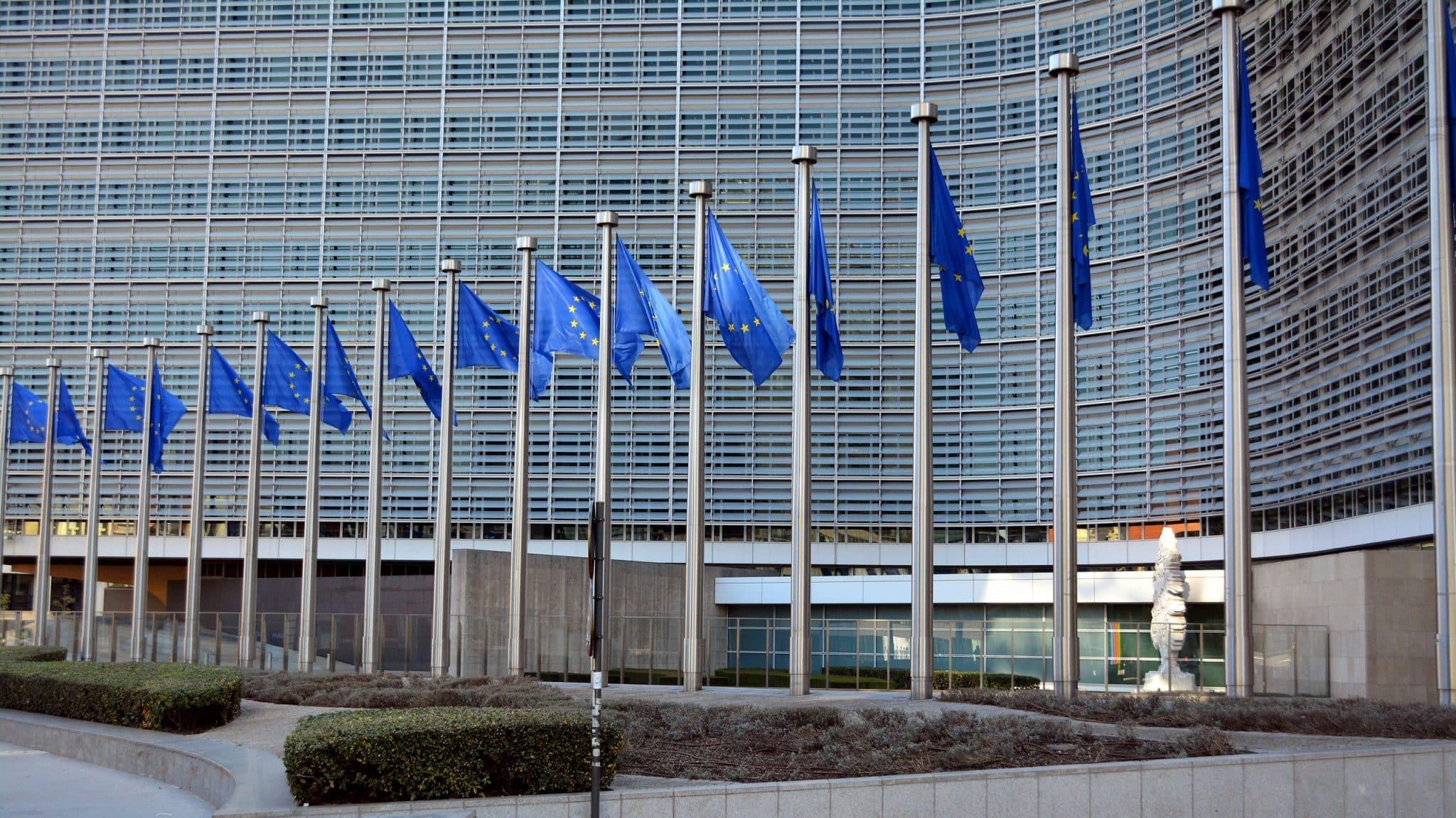
The concept of a permanent establishment (PE) – a taxable presence outside your company’s state of residence – is arguably one of the most critical principals underpinning treaty-based international tax laws.
A PE can have a knock-on effect from an employment tax and individual income tax perspective, triggering additional requirements at both an employer and employee level. And while multinational groups may have found that PE issues had historically not been a key area of focus for many tax authorities, this is changing.
The introduction of OECD Action 7 brought with it a change in definition of a PE in the OECD Model Tax Convention, with the aim of addressing the perceived artificial avoidance of PEs by multinational corporations.
Beyond a definition of ‘bricks and mortar’, PEs can be triggered by overseas contractors, warehouse space, digital activity and more.
Alongside this, the increasing mobility and displacement of workers during the global pandemic has led to more intense scrutiny of PEs by tax authorities.
So, the challenge for multinationals is not how to avoid a PE, but how to be aware that a PE has been created – and then how it needs to be handled from a practical viewpoint and, specifically, for tax compliance purposes.
Keeping track
At Baker Tilly, we use bespoke technology – our PE Tracker - to perform a detailed analysis of the fiscal structure of a client’s business to assess the risk level in creating a PE in a particular territory.
Following the risk assessment, PE Tracker provides a step-by-step plan to manage the PE risk efficiently and effectively.
We provide advice on the optimal way to structure the client’s business, helping identify opportunities for tax efficiencies and/or improvements to internal control frameworks.
Where a PE has been – or will be – created, we provide information on domestic PE rules, including whether the tax treaty provisions prevail over domestic law provisions, the registration process and compliance requirements.
By helping clients stay in control of when their operations trigger a PE, they can take practical steps now to ensure the most efficient solution for their group and reduce the risk of future challenges and penalties.

From a city tax return to double tax treaties, international tax never stands still. Nor do we.




